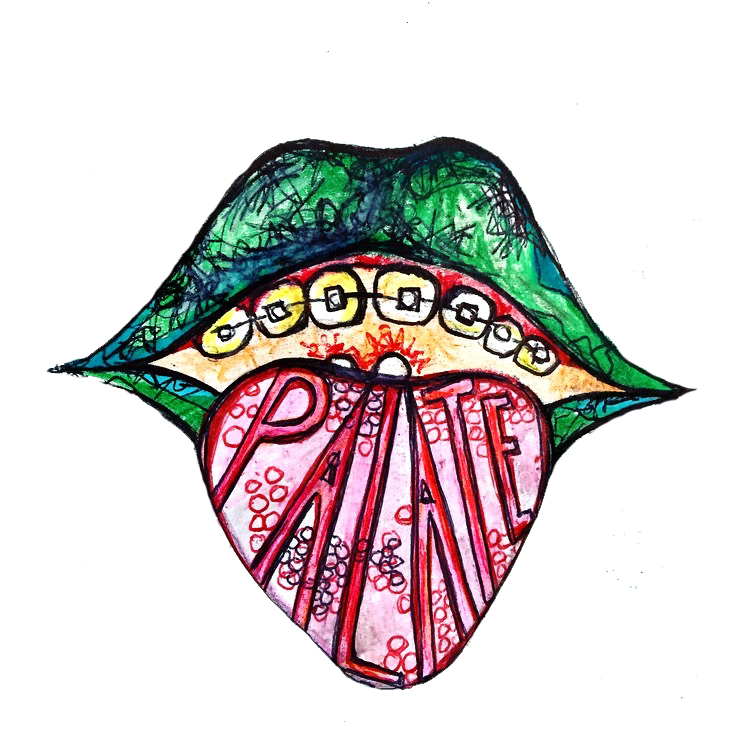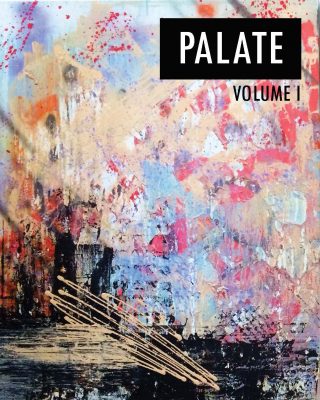After writing a post about Jan Becker, one of our university’s MFA students who recently published a book made up of a compilation of her witty Facebook postings, I decided to interview the man behind The Sunshine Chronicles project—JJ Colagrande. Founder of Jitney Books, an independent publisher aimed at distributing the work of local writers, writing about local subjects, like Becker.
The following is my short interview with Colagrande, after which I’m left eager to read one of his own titles, Reduce Heat Continue To Boil, available now on the Jitney website as well as Amazon.
 Ivette R: From the Jitney website I have a general idea of the kinds of books you’re interested in publishing–homegrown, but besides that what kinds of stories interest you?
JJ C: For the Jitney? No preference. Just no poetry. We are looking for longer pieces, realistic and gritty, just like the city we love to hate and hate to love. Also, stories of redemption ring true.
 IR: Which voices appeal to you most?
JC: Besides the voices in my head? The only voices that matter are those that reflect, amplify and live in the brutal and honest truth.
 IR: Haha! So tell me, once you choose an honest book, what are some of the struggles of getting it out there to the public as an independent publisher?
JC: Besides having a full-time day job and no time, no money, no built in marketing, distribution, publicity, or design department like in a corporate New York publishing house? Not much really. It’s never been easier.
 IR: So are there any advantages of publishing your work with an independent publisher?
JC: Freedom and the ability to publish work fast.
  IR: And what are your plans for Jitney?
JC: To publish at least 4 titles a year. Maybe grow a blog, start a podcast. And ultimately maybe be absorbed by a larger press as an imprint.
 IR: Finally, is there a particular identity you think defines Miami, which Jitney wants to brand?
JC: Somewhere in-between Ratchet, Weird, Noir, Crime and Glamour. It’s a crack in a sidewalk in Little Haiti filled with a smorgasbord of voices, all ages, cultures and socio-economic conditions, trapped under one sun.



